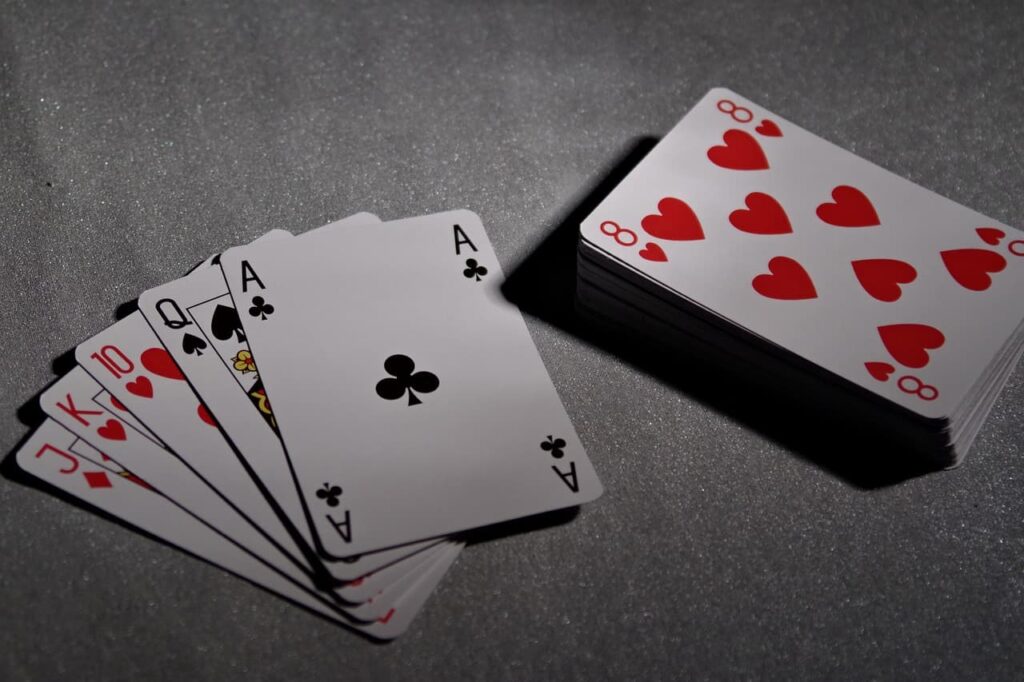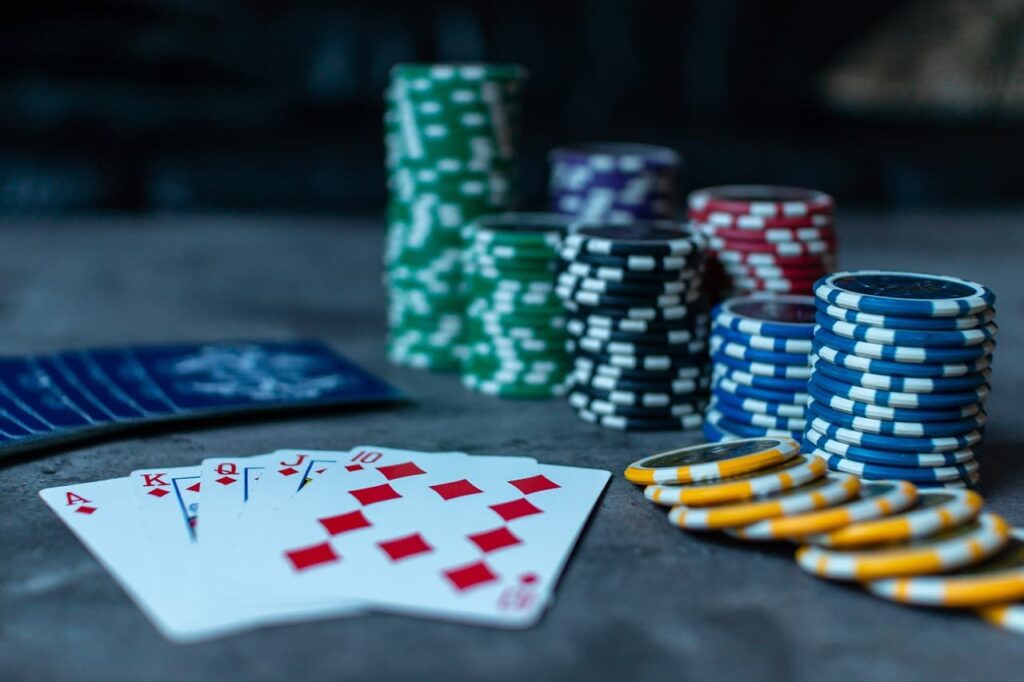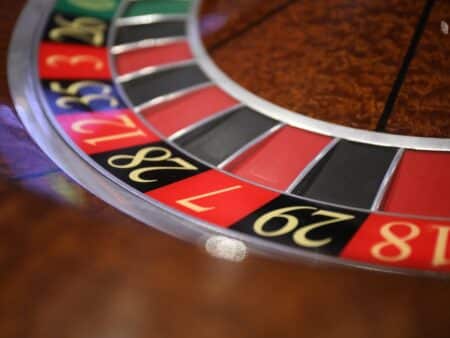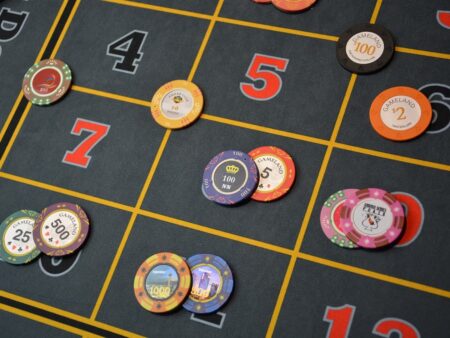When playing poker, some people might use marked cards. Read this article to get to know how to avoid this trap!
Marked cards are one of the oldest cheating techniques in gambling. You shouldn’t be afraid of it when playing online. But offline, it remains relevant today. In this article, we’ll tell you how to detect people who use marked playing cards and what to do after you discover them.
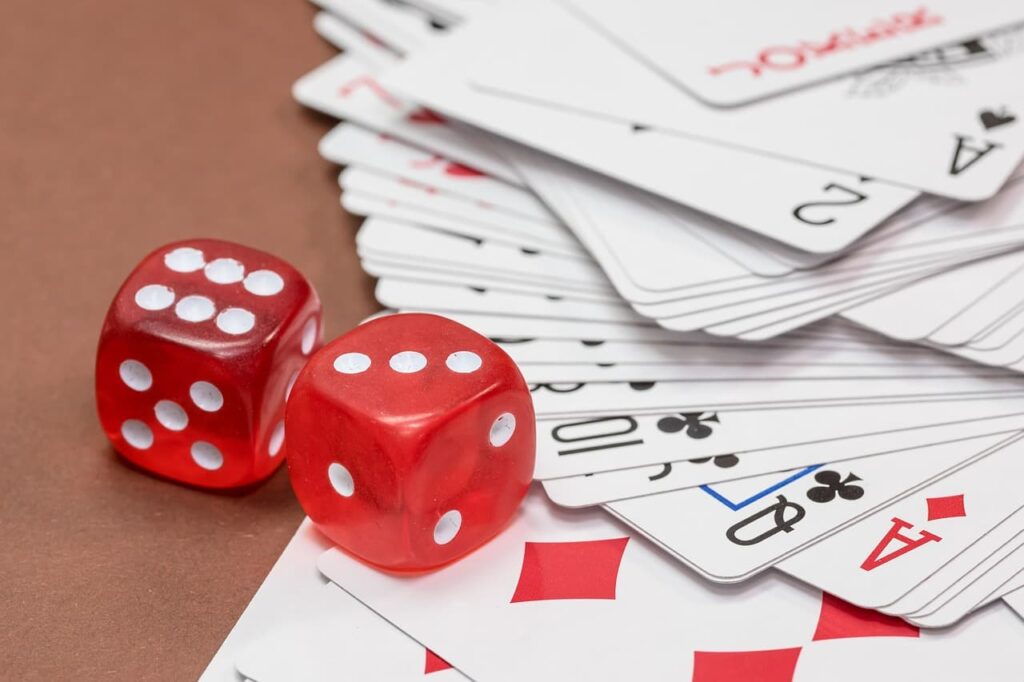
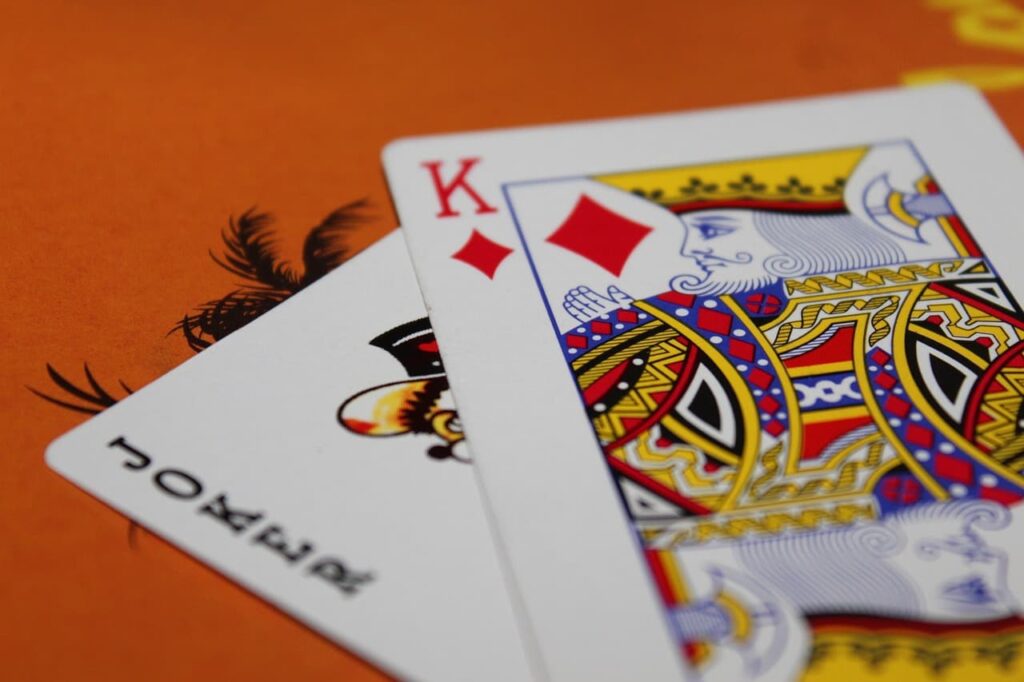
Stick to Regulated Casinos
Regulated casinos don’t allow people to use cards that they bring with them. Venues have their own decks and thoroughly inspect them. Legal casinos go to great lengths to prevent cheating for two reasons:
- When a customer hits a big win, it serves as good advertising for the venue. But if it happens too frequently, the casino’s profit decreases.
- They care about their reputation. No one wants to come back to a venue where cheating is thriving.
Some people find ways to use cheating poker cards even in respectable venues. For instance, they can apply the ink that you can notice only when wearing special glasses or under special lighting.
Another thing is that it’s not always possible to stick to casinos. Sometimes, you want to have fun with your friends — and maybe someone else will join you. In selected territories, gambling is illegal — so there is no other way round but to play at home in a clandestine manner. In such situations, you should be twice as cautious.
Avoid competing against strangers. Ideally, you should always play with people whom you know well. However, even your friends may try to cheat on you. If they invite a person whom you don’t know to the table, try to find out who it is and whether they have any recommendations.
The most reckless behavior consists in playing against complete strangers and placing large bets. You’d better avoid doing so. If someone convinces you that these people are bad at poker, ask yourself why should they do so. Maybe, these players are more experienced than you and their only goal is to get your money — in an honest or dishonest way.
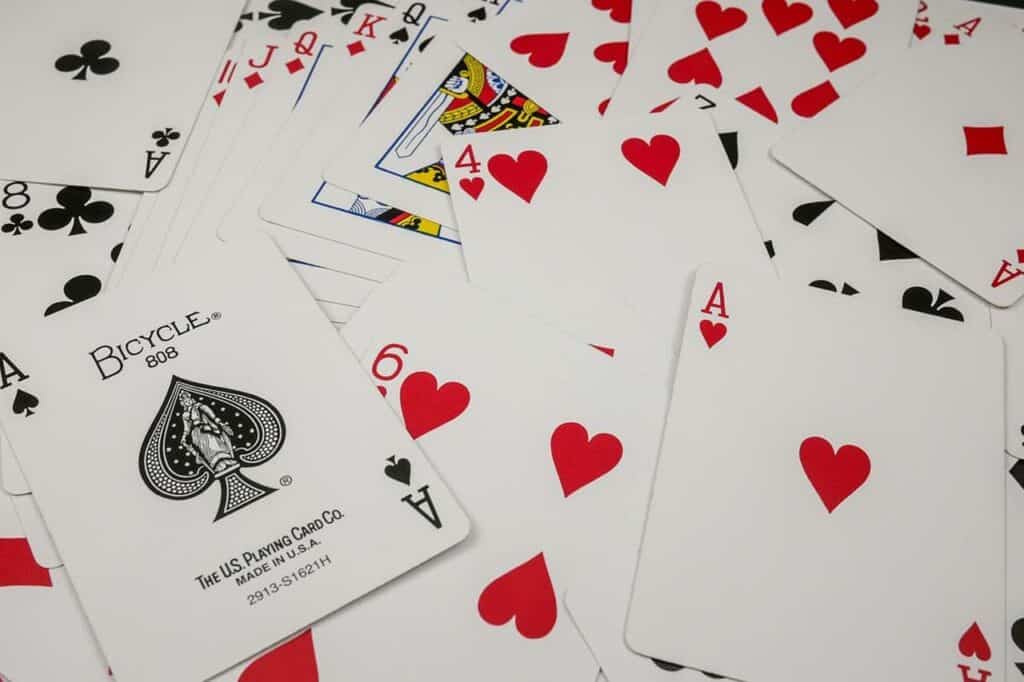
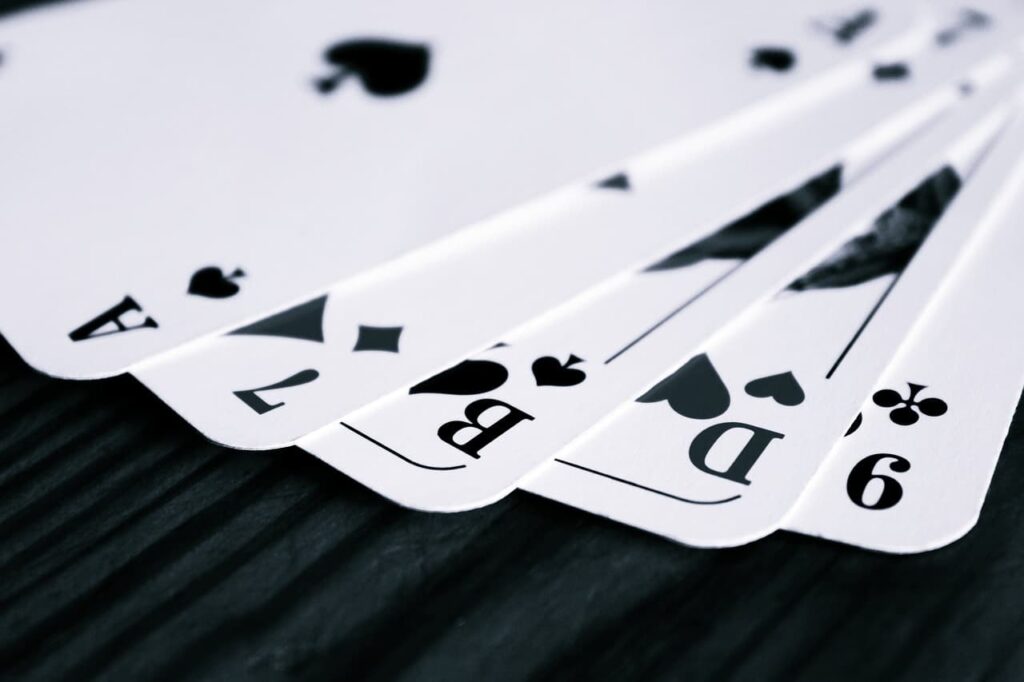
Look for Unusual Marks on the Cards
The two most common types of marks are:
- Slightly bent edges
- Small, barely visible cuts
It might be hardly possible to notice them at a distance. But these flaws become visible then you’re holding the cards in your hands. Avoid showing your opponents that you’re deliberately exploring the surface of your cards. This might make them stressed or offend them. But it won’t hurt to look at the cards attentively in a natural way.
Cheaters might lack time to mark all the cards. Probably, they will focus on the ones with the highest value, such as kings and aces. Make sure to pay attention to high-value cards when inspecting their surfaces.
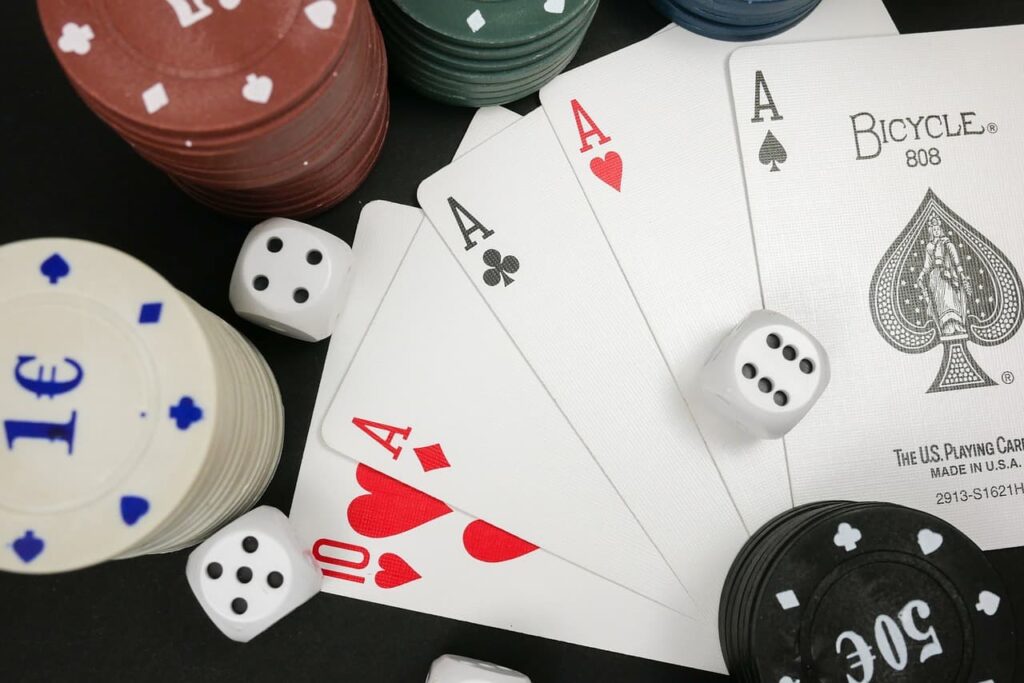
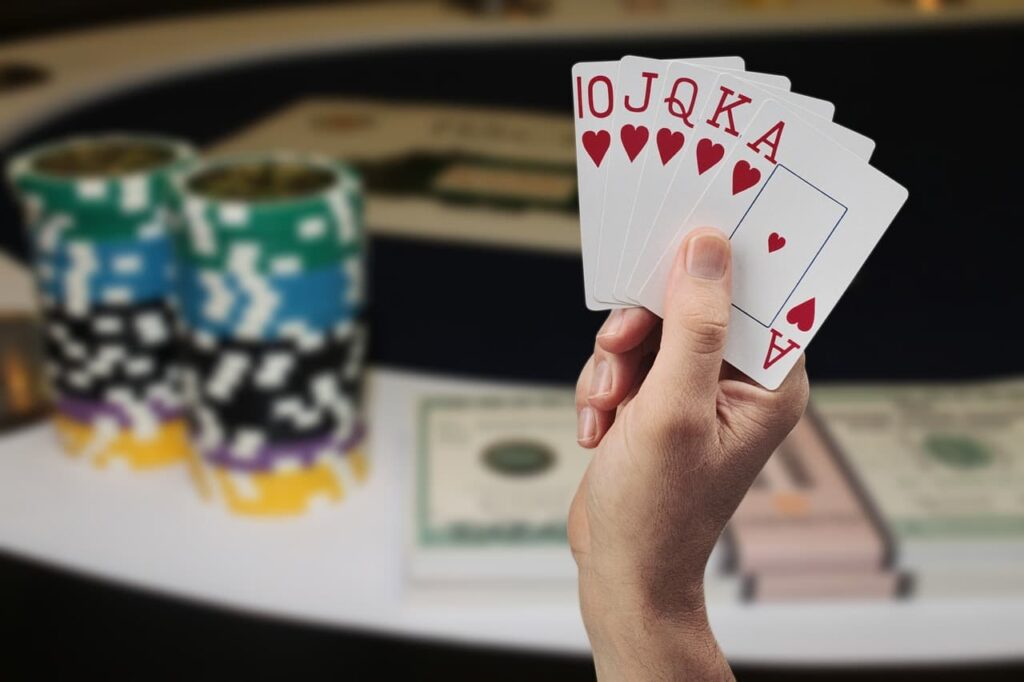
Analyze Your Opponents’ Behavior
Check how your opponents hold cards. Do they use their fingernails to leave markings on the edges? Do they squeeze the cards weirdly? If yes, things might be going wrong.
However, it’s a norm for casinos to shuffle the decks for a long time and lift the cards from the table. Players who got used to this practice can repeat it in private too.
Some cheaters prefer to pull their tricks solo while others like to team up with colleagues. If the behavior of a specific person seems wrong to you, look at the others. Can they be acting together with the cheater?
If it seems to you that someone has marked their cards, don’t blame them immediately. In poker, it’s a serious accusation. You might accidentally insult an honest player — and display yourself as a nervous and not-too-respectful person.
Detect unusual patterns. Do you witness too many weird hands in a short period of time? When playing in a casino or a poker room, you can inform the staff about it. It’s better to do so calmly and privately and not by screaming with outrage. The staff will keep an eye on the table. If they detect the fact of cheating, they and not you will deal with it. That’s the most reasonable way of approaching such situations.
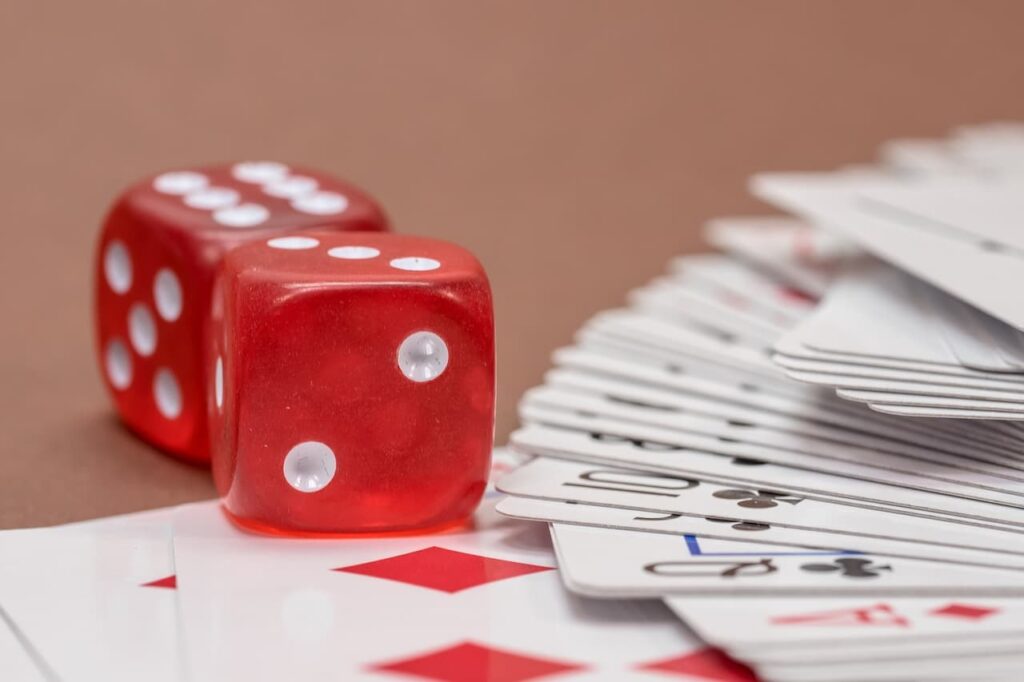
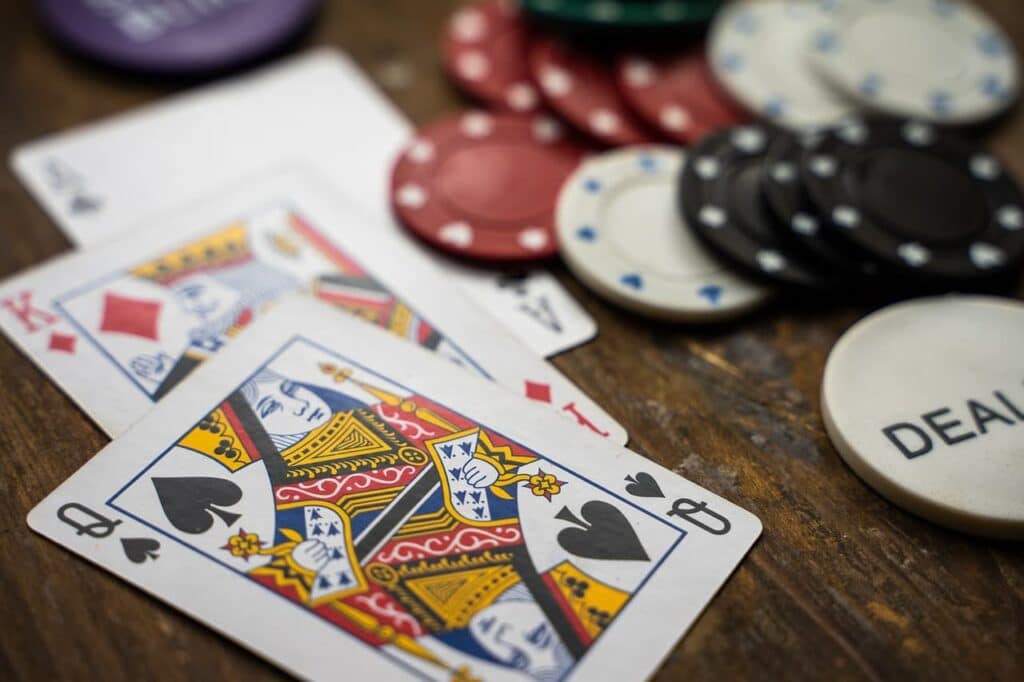
Ask for a New Deck
In casinos, it’s a norm to ask to change the deck if you suspect someone is cheating. Just address the dealer and they won’t be surprised at all.
When playing in private, the others might ask about the reasons for your request. Depending on the overall mood at the table and your relationships with these people, you might tell them openly that you’re afraid of someone’s nefarious behavior. But it makes sense to do so only when you’re sure your words won’t provoke a scandal. Alternatively, you can turn it into a joke and say something like “I feel unlucky with the current deck”.
In private, your opponents might refuse to change the deck. Then, it’s up to you to decide if you want to go on playing or not.
If you’re almost sure that the cards are marked and the dealer won’t change the deck, your odds of winning will be probably not too high. To save funds, time and nerves, don’t hesitate to leave the table. It’s not necessary to reveal the real reason. You may say that you suddenly felt unwell or invent another pretext.
When talking with the organizer of the gaming session face to face after that, you can sound your concerns to them. Or, you can simply leave and never come back to a company of players with whom you don’t feel secure enough.
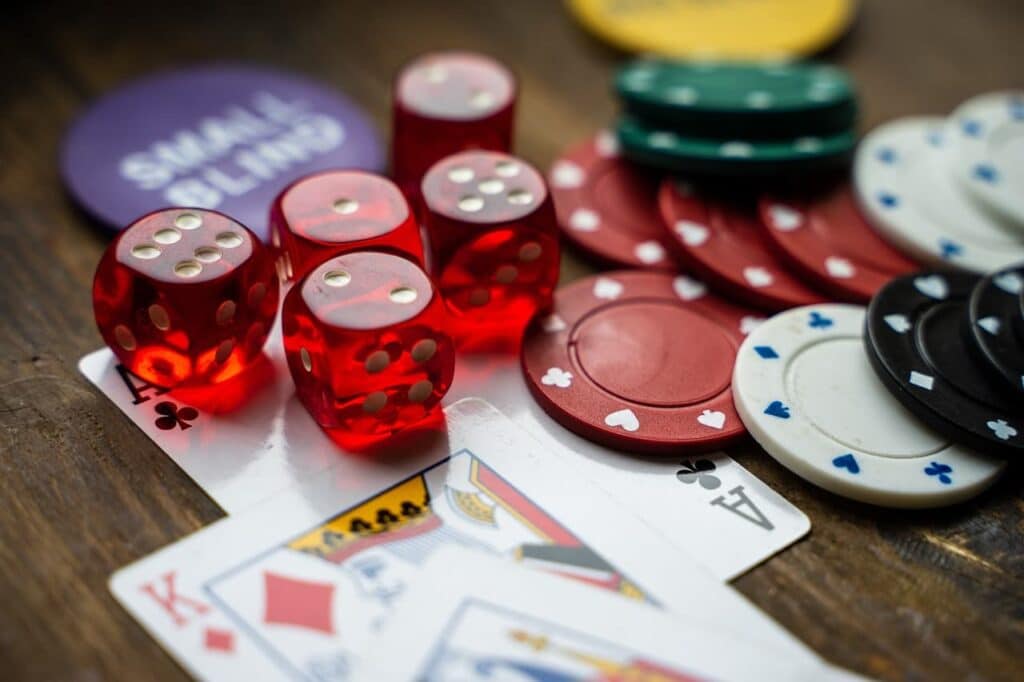
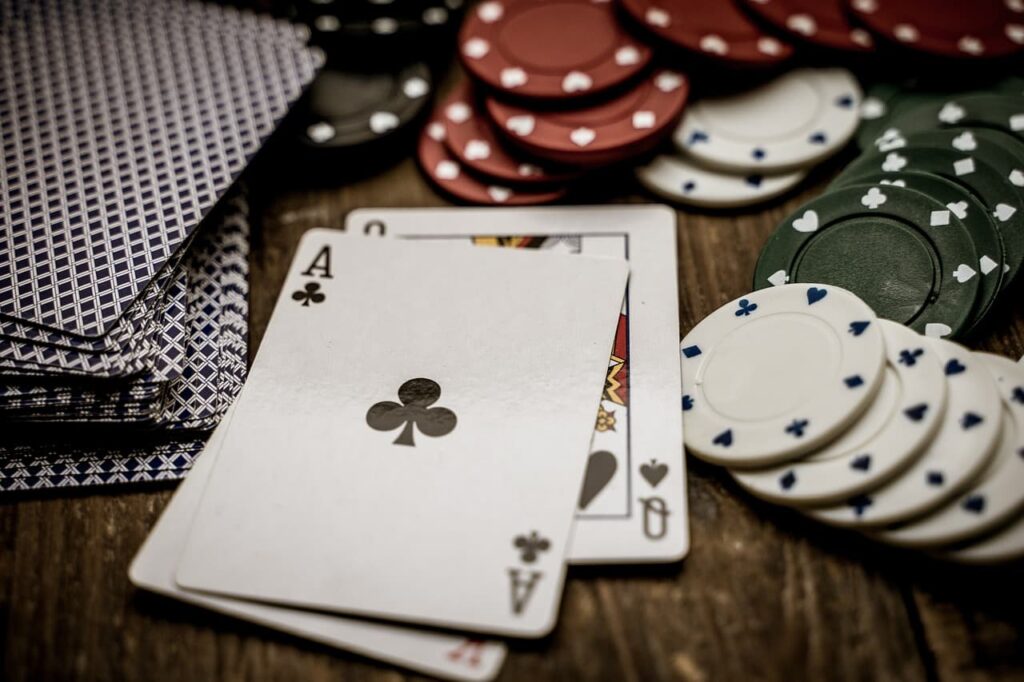
Don’t Be Too Paranoid
At some point, it might seem to you that all poker games are rigged and you’ll never win a big cash prize. Such an illusion tends to appear after a series of losses. It’s particularly typical of gamblers with limited experience.
But the outcome of poker doesn’t depend exclusively on your skills and strategy. Luck is a major factor in this game. One day, your dark times will be over.
Keep on practicing. Place small bets if you don’t want to lose too much. Stay in a good mood and don’t forget about our first recommendation — stick to regulated venues.
Final Thoughts
Using marked cards is one of the most popular ways of cheating in poker. It’s not just one of the casino myths but a real practice. To avoid becoming its victim, play in reputable casinos — and in private, don’t compete with high bets against complete strangers. Look for unusual marks on the cards, analyze your opponents’ behavior and detect weird game patterns. Ask for a new deck if you suspect something and don’t hesitate to leave if necessary. Last but not least, don’t be too paranoid!
